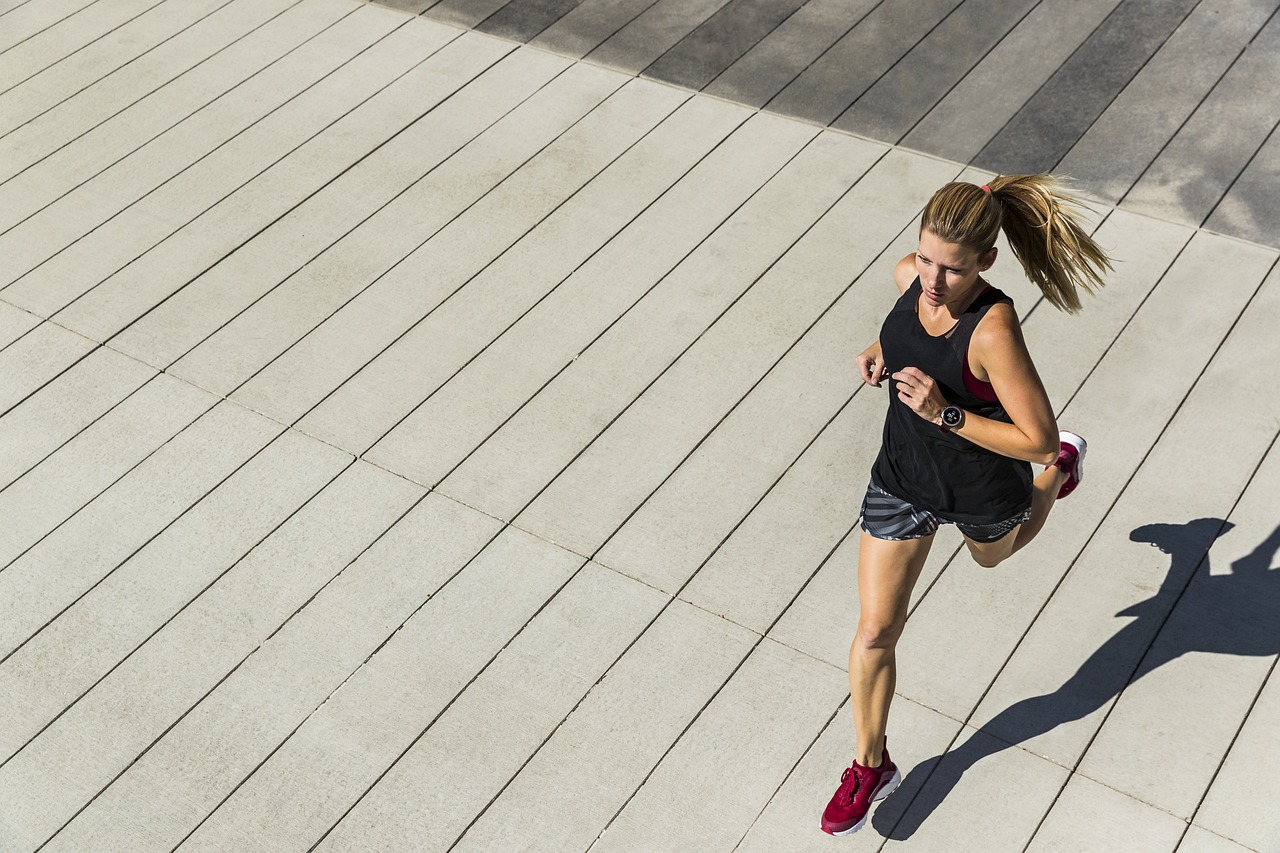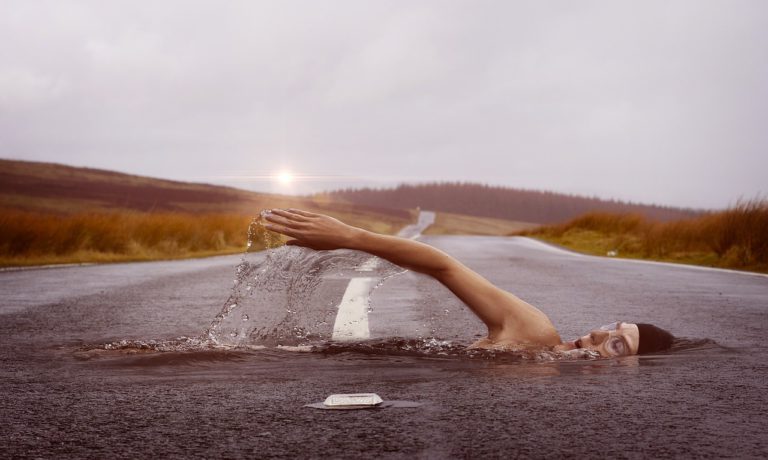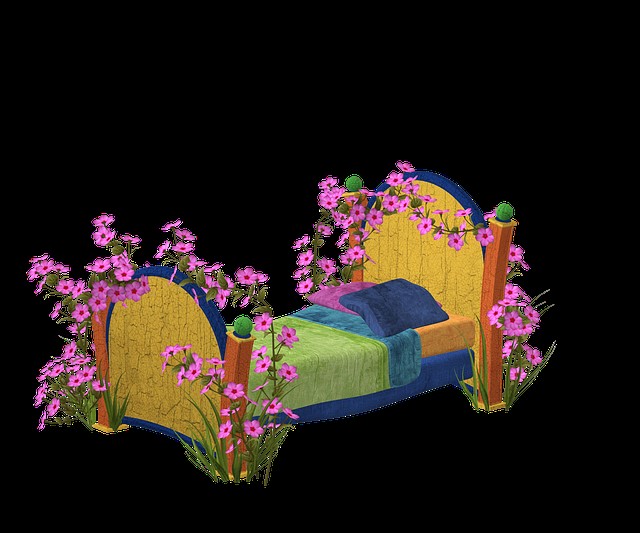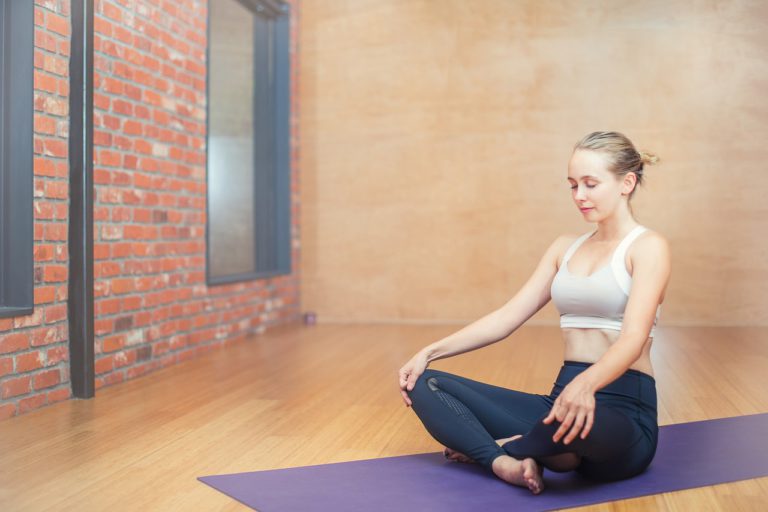By Jo Joiner
If you’re into fitness, martial arts, athletics or any kind of physical sport, you probably put a decent effort into training and eating the right things. But are you optimising sleep? Research shows a strong link between sleep and athletic performance. In particular, better sleep may reduce the risk of injury and enhance your chances of winning. Both of these things are top priorities for any sportsperson who wants to be their best.
The link between sleep and athletic performance
The amount of sleep needed for optimal health and quality of life varies according to age. Adults generally need between 7 and 9 hours of sleep a night for good health; teens need a bit more – 8 to 10 hours a night. However, sleep requirements aren’t just about age. Your individual need for sleep is impacted by several things, including stress, the amount of training you do and the level of sleep debt you might be carrying.
For athletes, both recreational and professional, sleep is an essential part of recovery and muscle adaption between training sessions. An increasing amount of evidence says that increased sleep duration and sleep quality are associated with better performance and competitive success. What’s more, getting enough quality sleep is associated with lower injury and sickness rates, which helps athletes to train more effectively.
Many athletes aren’t meeting their sleep goals
The sleep and athletic performance studies that confirmed the benefits of good sleep for athletes also discovered that many sportspeople aren’t getting enough quality shuteye. Lots of things stand in the way of a solid eight hours – training and competition schedules, work, travel, stress, study and pain from injuries.
- In a study of more than 800 elite athletes, nearly 75% reported sleeping less than 8 hours a night, while 11% reported sleeping less than 6 hours.
- Olympic athletes experience poorer sleep quality compared to non-athletes matched to age and gender.
- In a review of elite athletes and sleep quality, 38% to 57% of participants reported poor sleep quality. Females were more likely to experience poor sleep.
- Poor sleep quality was found to be an independent predictor of poor performance in a competition.
How is performance affected by poor sleep
The effects of poor sleep on athletic performance are significant. Here’s a summary of findings:
- In a treadmill test to study sleep deprivation, participants covered less distance when they were sleep deprived.
- One night of sleep loss has been shown to decrease time-to-exhaustion for volleyball players.
- One night of restricted sleep after heavy training resulted in a slower time trial performance the next day for competitive cyclists.
- Sleep deprivation led to slower sprint times in male team sport athletes, while adding two hours of sleep a night resulted in significant improvements for sprint test times.
- A study of weight lifters showed that maximal weights for bench press, leg press and dead lift all decreased following consecutive nights of poor sleep.
- Sleep deprivation impacts accuracy for dart throwing, tennis, basketball and football.
Guidelines for sleep recovery for athletes
Whether you’re a pro athlete, aspiring amateur or a weekend warrior, getting your sleep sorted is up there with training. Here are the general guidelines for improving sleep duration and quality:
- Update your bed. Mattresses have a limited lifespan. If your bed is feeling saggy and exhausted, you will too. The best bed for athletes is a pocket spring mattress, because it will offer better cushioning, zonal body support and no partner disturbance. New Zealand’s Dreamland pocket spring mattresses are both high quality and affordable.
- Go to bed at the same time each night and get up at the same time each morning, including on the weekends. Ensure this window for sleeping is nine hours long or more, so there’s enough time for falling asleep and a little awake time in the night between sleep cycles.
- Ensure your bedroom is dark, quiet and well-ventilated. It needs to be a comfortable temperature – the ideal room temperature for sleeping is around 18°C.
- Put your phone onto airplane mode, to avoid notifications in the evening and during the night. Resist the temptation to look at your phone after dinner, so that emails and messages don’t get you all wound up.
- Avoid looking at digital devices for at least an hour before lights out. Technology stimulates the brain and makes it hard to go to sleep.
- Read a book to get sleepy. If you use an e-reader, use a blue-light blocking screen protector or wear blue-light blocking glasses. Blue light from digital devices can mess with your sleep.
- Avoid large meals, caffeine, sweet treats and alcohol for at least two hours before bed, but camomile and other relaxing teas can be helpful.
Give yourself the best chance of a good night’s sleep with Liverpool by Dreamland, the best mattress for athletes. FACT SOURCE: https://journals.lww.com/acsm-csmr/fulltext/2017/11000/sleep_and_athletic_performance.11.aspx







